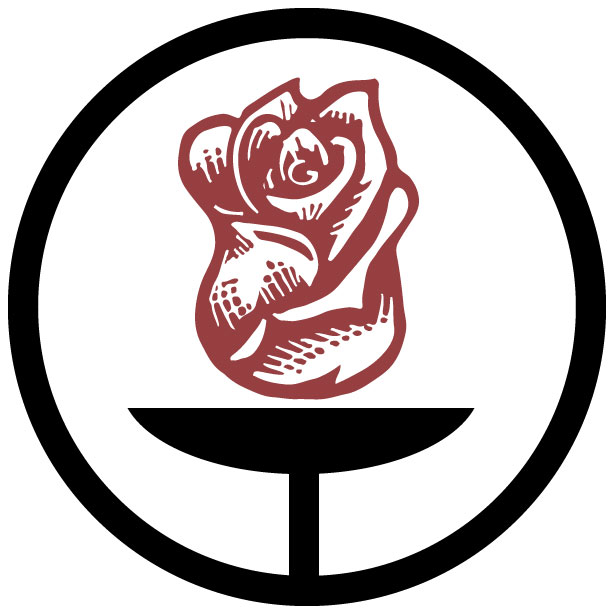To Speak Candidly, This Work is Urgent
As a minister, I will serve my congregation by asking: what are the ways that we, as a denomination, can do the difficult work of justice? How can we draw selectively on the good social work of our religious ancestors and expand the boundaries of our beloved community? How can we wed our freeing theology and our love of humanity to radically work with systems of oppression?
And, I will encourage deep work around personal growth. All people (but especially people of relative wealth or privilege) must personally journey about how their social location fits within this analysis and struggle. The task is to relinquish the idea that one’s experience of people of color, queer people, and poor people is the legitimate narrative. It can be painful, confusing, and cleansing work to recognize thoughts that dehumanize others.
And, I will encourage a bursting forth from the naval gaze! It is our duty to fight for justice, riding towards the throws of suffering if only because we too have suffered and know in our hearts that truth-telling and solidarity rest squarely in the heart of our religious beliefs.
To speak candidly, this work is urgent. Our world is changing in a way that leaves many people behind, and, as a religious institution, we have to be there. My ministry is founded on the belief that the deepest love and the strongest preservation of life exist right smack in the heart of the struggle: alongside of and raising up people who are just surviving. There are some questions that we as a denomination have answered. But perhaps there is a place of real, radical hospitality and companionship that would inspire us to ask questions we have never even thought to ask: questions about being more deeply connected and committed to the needs and injustices that exist throughout our world.
From Where do we Draw our Mandate for Justice?
We UU’s must answer the call to justice not by religious mandate, holy text, or decree of God, but through the guiding light of our won hearts and minds: we use our ministers; our members; our own experiences of life, love, and loss; the human portfolio of art and song and poetry; the process of covenant which requires us to be in conversation; our questions; ourselves as resources. By co-creating just communities in our congregations, we hold up the beloved community by working towards the “kingdom of heaven on earth” as the answer to the injustice of our world.
Of course, we can and do draw from other religious movements. The books of Abraham hold a vastness of poetic and empowering stories about justice, and the Hindu narrative unfolds around us as we move into the future. Buddhism unveils paradox that sustains us as we live in the tension between fighting those who oppress and loving them for their humanity. Latin American and Black Liberation Theologies relocate God with the oppressed, and the humbling work of Dr. King’s Poor People’s Campaign, Audrey Lourde, Delores Williams, and so many more teach us how to better support the experience of those of us who are dehumanized by economic and global structures.
